The EU is fighting climate change and has planned to further cut emissions by 2030. By 2050, Europe aims to become the world's first climate-neutral continent.
NIIS internal primary goal is to achieve carbon neutrality by 2030. With our flagship product, X-Road®, we follow the UN 17 Sustainable Development Goals, and X-Road contributes to specific goals directly or indirectly. X-Road also fulfils the criteria of a Digital Public Good, and it's approved as such by the Digital Public Goods Alliance.
NIIS aims to reduce the environmental impact of X-Road ecosystems and has an ambitious goal that X-Road is the most sustainable data exchange solution by 2030.
Let's look into the steps taken so far and the subsequent phases towards the goals.
How could NIIS become carbon neutral by 2030?
NIIS develops software, so electricity is required for our operations and using the end products. Currently, this involves non-renewable fossil fuels, but we aim to move towards renewable energy at NIIS and decrease the energy consumption of our organisation.
The impacts and dependencies on environmental sustainability happen in both primary and support activities of the NIIS value chain. Software development and procurement are the most efficient functions for NIIS in reducing harmful effects. Our value chain support activities include more aspects such as our office premises, travelling, and other procurement and consumption subjects, which require a mitigation strategy.
Our focus so far has been on assessing impacts on environmental sustainability. To improve our performance in social sustainability, we consider selecting tools and frameworks such as KPIs for linking impacts and dependencies to human and social capital.
Sustainability is included in NIIS values. Our sustainability goals shall be embedded in our strategic objectives during this year. Consequently, incentives for achieving the strategic objectives cover also our sustainability goals.
NIIS can better recognise the planetary boundaries and become carbon neutral by 2030. Generally, we must not prioritise mitigation or adaptation strategy but rather look into the NIIS value chain and identify the possible actions.
How could X-Road become the most sustainable data exchange solution?
We develop software for digital governance infrastructure, which is highly dependent on electricity. The rise in electricity production by renewals, climate change and other contributing factors in the energy sector will increase overall electricity costs also in the future. NIIS shall continue to support reducing electricity consumption in our users’ infrastructures.
X-Road users consume natural resources also through the hardware utilised for running software. The manufacturing of hardware involves mining minerals and metals that are becoming difficult to find. Reducing the number of hardware required to operate the software is another way to impact positively. Therefore, running X-Road on the cloud is the first step for any X-Road operator willing to reduce negative impacts.
NIIS recently completed the first project in which we assessed the energy consumption of the access point component (Security Server) of X-Road. We aim to significantly reduce energy consumption by covering the whole X-Road ecosystem and operations. We have an ambitious goal of making X-Road the most sustainable data exchange solution in digital government by 2030. It's worth adding that this goal is not limited to environmental sustainability only.
We have identified specific SDG's with X-Road contributions to various areas of sustainability. These include SDG's for which we have evidence about direct contribution in the form of a project, platform, network, ecosystem, policy or feature, that involves X-Road. We don't aim to increase the number of contributed SDG's – unless it happens naturally – but rather strengthen the activities in the existing SDG's. We aim to work long-term and support the initiatives utilising X-Road.
From 2022 onwards, NIIS will incrementally introduce new methods for reducing energy consumption in X-Road environments. We cannot guarantee any schedule for the software's sustainability enhancements at this early research phase. Still, we will do our best to advance sustainability and engage different stakeholders in work.
Ville Sirviö is the CEO of NIIS. He studied leading sustainable organisations at the Saïd Business School, University of Oxford, in 2021.

